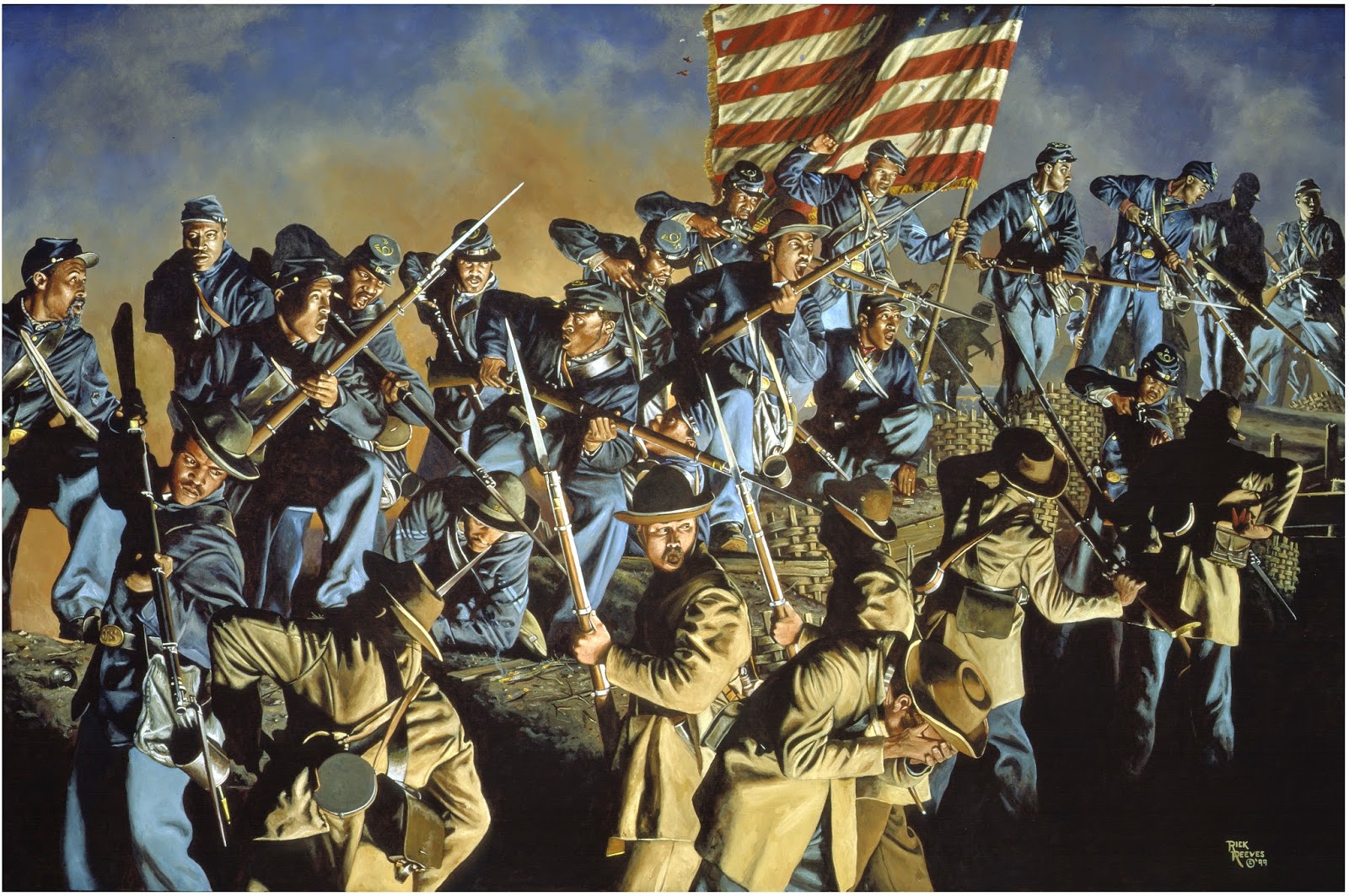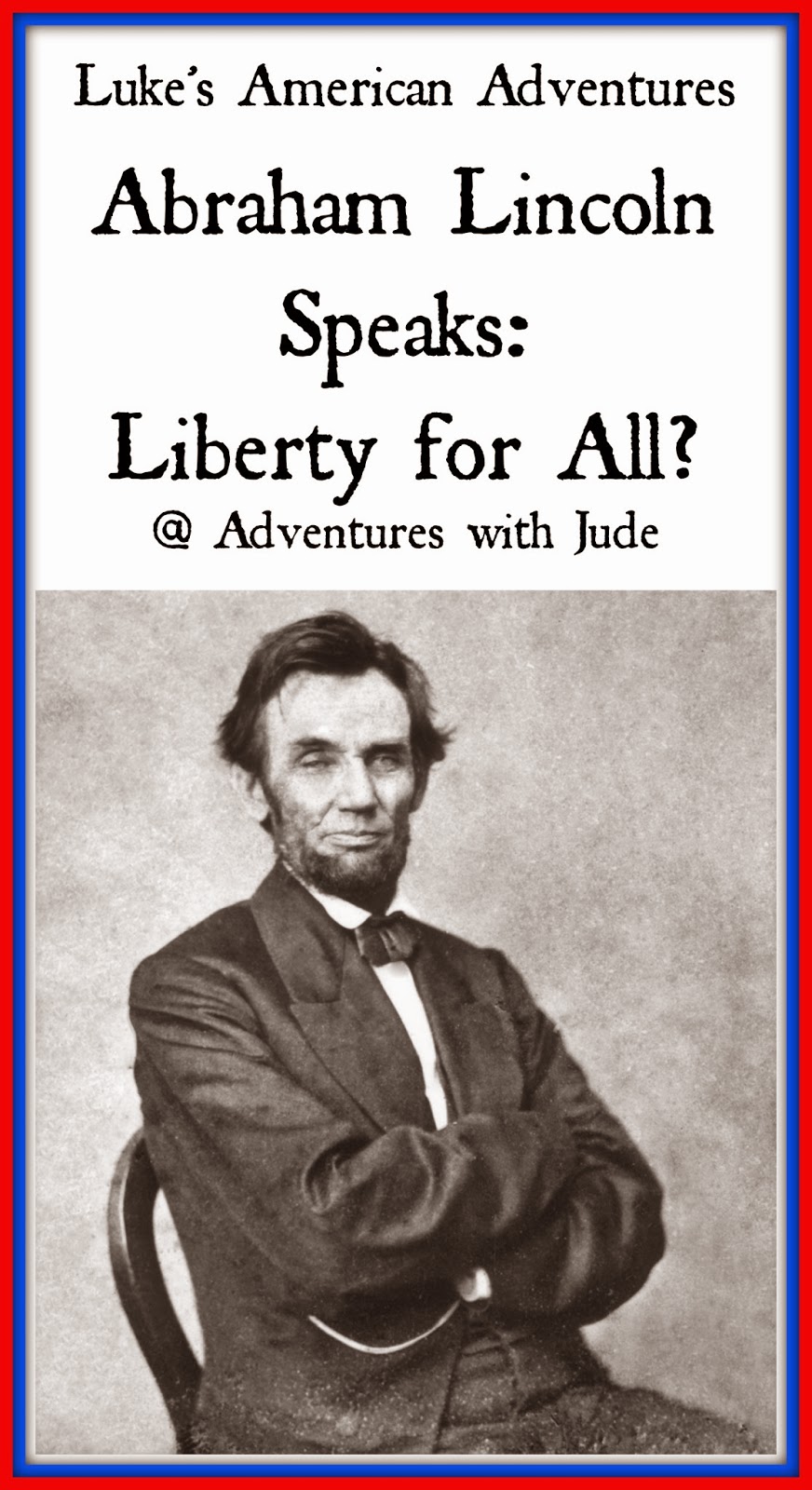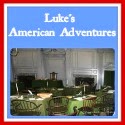“I think the time has come now,” declared President Abraham Lincoln to his cabinet on September 22, 1863, just five days after the Battle of Antietam. For two months, Lincoln’s order proclaiming the freedom of slaves in rebel territories had festered in a desk drawer, awaiting good news from the battlefield. He continued:
The action of the army against the rebels has not been quite what I should have best liked. But they have been driven out of Maryland, and Pennsylvania is no longer in danger of invasion.
Lincoln did not have a decisive success from Antietam. At best, it was a victory for Union morale. They didn’t gain any territory (an indecisive McClellan didn’t pursue the Rebels as they retreated from Sharpsburg), but neither did Lee’s plan for invasion succeed. However, the idea that the Union could defend itself from attack gave Lincoln the opening he needed to appear in control of the war rather than desperate for public approval.
After that meeting, Lincoln issued a preliminary proclamation that he would order the emancipation of all slaves in any state (or part of a state) that did not end their rebellion against the Union by January 1, 1863. None of the Confederate states restored themselves to the Union, and on January 1, 1863, the Emancipation Proclamation took full effect. The abolition of slavery was not a law passed by Congress; the Emancipation Proclamation was based on the president's constitutional authority as commander-in-chief of the armed forces and his ability to liberate Union-military controlled lands. It also invoked his Constitutionally-granted powers to make foreign agreements without Congressional approval. While it declared "that all persons held as slaves are, and henceforward shall be free”, it did not truly apply to all slaves.
As a newspaper headline, this sounded like an abolitionist’s dream come true - “All persons held as slaves shall be free!” However, despite it’s expansive wording, the Emancipation Proclamation was limited in many ways. First, it only emancipated slaves in the ten states that were still in rebellion; it didn’t free slaves in the “border” states of Maryland or Delaware. (Lincoln did not want to risk triggering a secession in these states.) It also excluded areas controlled by the Union prior to issue, so slaves in the Union-held areas of northern Virginia were still enslaved. In addition, the Proclamation did not compensate the owners, did not actually outlaw slavery, and did not grant citizenship to any already-free men. Finally, though the United States never officially recognized the Confederate States of America as its own nation, the Emancipation Proclamation could not be enforced in areas still under rebellion. As the Union army took control of Confederate regions, the Proclamation provided the legal framework for freeing more than three million slaves in those regions, but many areas were still under Confederate control for months after the effective date.
 |
| The Old Flag Never Touched the Ground (54th Massachusetts Volunteer Infantry Regiment, Fort Wagner, SC, July 18, 1863) Rick Reeves, 1999, U.S. Public Domain |
The Emancipation Proclamation changed the way the American Civil War would be raged. While slavery had been a major issue that led to the war, Lincoln's only mission at the start of the war was to keep the Union together. He reiterated time and again that while his heart was opposed to slavery, his role as President was to uphold the Constitution as it was written, not amend it to his preferences. The Emancipation Proclamation was a political risk, but showed his great intelligence as a rural-Kentucky-born lawyer sworn to uphold the Constitution. It did not amend any laws, but this Executive Order made freeing the slaves an explicit goal of the Union war effort. As Commander-in-Chief, it was a shrewd military move -- it provided the Union military with a whole new pool of recruits while decimating the south’s economy and infantry potential. As President, he affirmed the Union’s control over the law of the land. As a man, it was Lincoln’s best way to take a giant step toward abolishing slavery and conferring full citizenship upon ex-slaves. A milestone along the road to reinforcing the Declaration of Independence’s statement that all men had an inalienable right to life and liberty, the Emancipation Proclamation has assumed a place among the great documents of human freedom.
Abraham Lincoln Speaks:
Part 1: A House Divided
Part 2: The President's Job Description
Part 3: Liberty for All?
Part 4: A New Birth of Freedom
Part 5: With Malice Toward None
Part 6: Now He Belongs to the Ages
©2012- 2014 Adventures with Jude. All rights reserved. All text, photographs, artwork, and other content may not be reproduced or transmitted in any form without the written consent of the author. http://adventureswithjude.com





No comments:
Post a Comment